This research project is completed under Prof. WANG Dan Michelle, and Prof. KER Dai Fei Elmer as the co-author. https://doi.org/10.1016/j.jot.2022.06.004 Here are some extracts from their work: “Utilizing immunomodulatory methods to address the challenging issue of craniofacial bone repair may be a potentially effective approach. The protease inhibitor Saquinavir (SQV) has shown to inhibit the inflammatory response by targeting the TLR4/MyD88. Independently, inhibition of TLR4 or MyD88 led to enhanced skull bone repair. Therefore, we aimed to investigate the effects of SQV on skull bone healing. The effects of SQV on skull bone healing was assessed via gene expression, histology, immunohistochemistry and tomography in a mouse calvarial defect model. Subsequently, the role of SQV in cell viability, migration, osteogenic and osteoclastogenic differentiation was also evaluated in vitro. 1-week SQV administration improved skull bone healing based on µCT and histomorphometric analyses. Compared to the vehicle control, 1-week SQV treatment (1) enhanced osteoclast infiltration (TRAP staining) at day 7, but not at days 14 and 28; (2) induced more CD206+ M2 macrophage infiltration, but not F4/80+ M0 macrophages at days 7, 14 and 28; and (3) elevated osteoclastogenic gene RANKL (qPCR) expression and other osteogenic and cytokine expression. Furthermore, in vitro data showed that SQV administration did not influence MC3T3-E1 cell migration or mineralization, while higher concentrations of SQV inhibited cell viability. SQV treatment also enhanced the osteoclastic differentiation of bone marrow-derived precursors, and partially reversed HMGB1-driven osteoclastogenesis inhibition and elevated pro-inflammatory cytokine expression.The improved skull bone repair following short-term SQV treatment may involve enhanced osteoclastogenesis and modulated inflammatory response post-skull injury. “

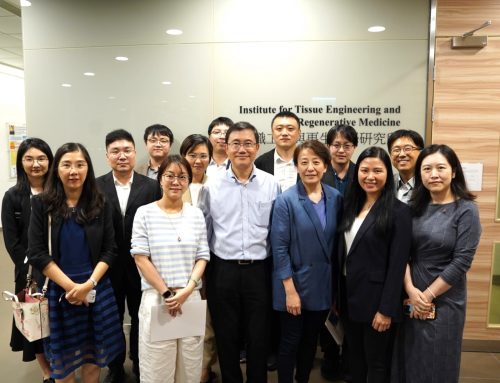
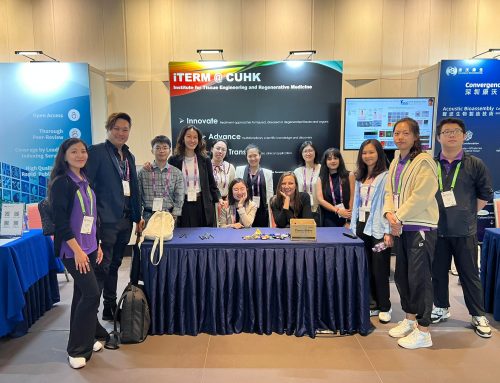
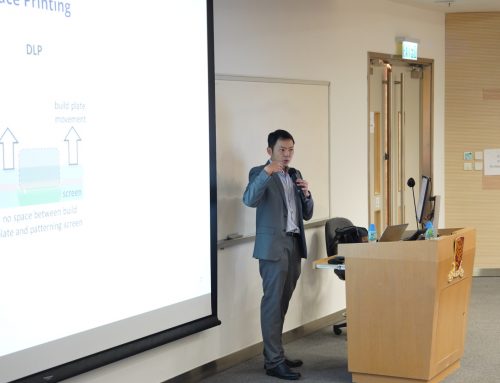
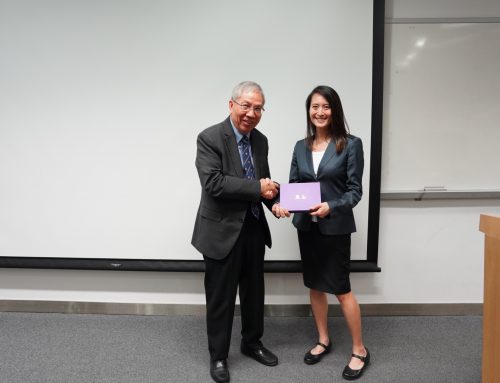
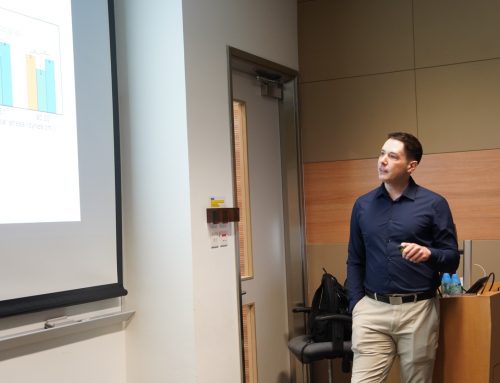
Leave A Comment